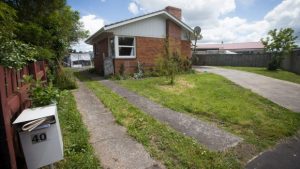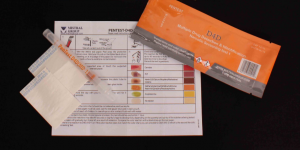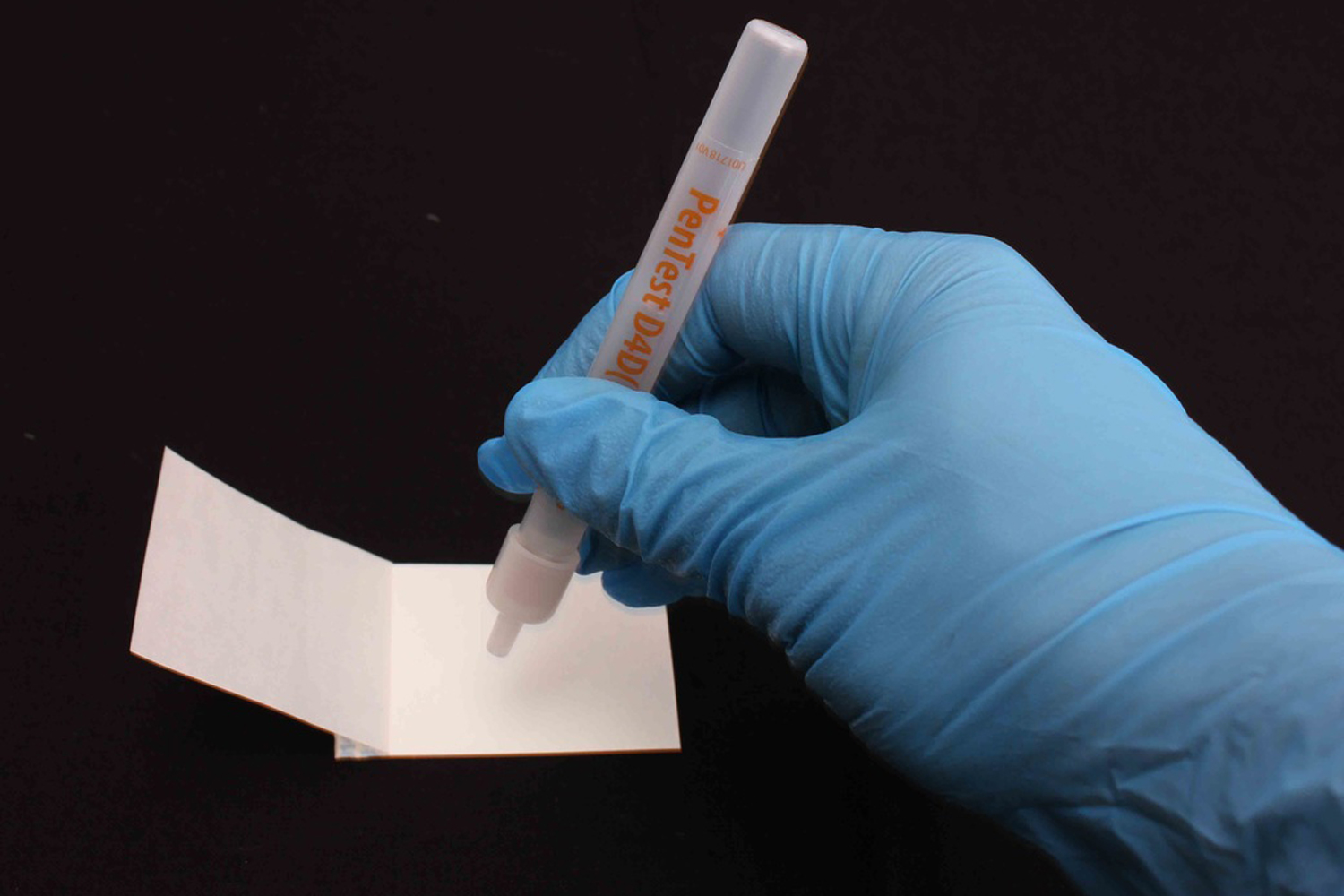 A family house in Dinsdale is one of 36 Hamilton, New Zealand’s, state houses that are uninhabitable due to methamphetamine contamination.
A family house in Dinsdale is one of 36 Hamilton, New Zealand’s, state houses that are uninhabitable due to methamphetamine contamination.
The problem is not unique to Hamilton with state landlord Housing New Zealand reporting similar cases of ice contamination across the country as the nation’s love affair with methamphetamine continues unabated.
Figures to September 30, 2016, show that Housing New Zealand owns 2,834 houses in Hamilton City, 98 of those are vacant and 36 of those are contaminated by meth.
For any landlord or property manager to believe that ice use isn’t going on in their own properties, think again. Unless your properties have been meth tested and proved clean prior to tenants moving in, you don’t have a leg to stand on if the home later proves to be meth contaminated above government clean-up guidelines.
Landlords are obliged to provide a property that is clean, healthy, and meth-free. So how would you react if a tenant had the house tested and determined that there is meth contamination present. Then pursued you for not only a refund of their rent and bond, but the cost of accommodating their family while looking for an alternative home. And then wanted you to pay to replace all of their meth-contaminated furniture?
If you can’t prove that the home was clean before they moved in, there are plenty of law firms who would be willing to take on their case, and you may end up liable for ten’s of thousands in costs. And you may not be covered by your Landlord Insurance if you can’t prove that the damage was caused by the current tenant.
Make meth testing part of your “Property Investment Protection Plan”. For less than $100 you can conduct a thorough test of all likely contaminated areas of a 4 or 5 bedroom house including garage and/or workshop using Narcotect D4D PenTest drug test kits. For more regular testing, the Narcotect Field Test Kit contained in a hard-wearing carry case will be your best option.




